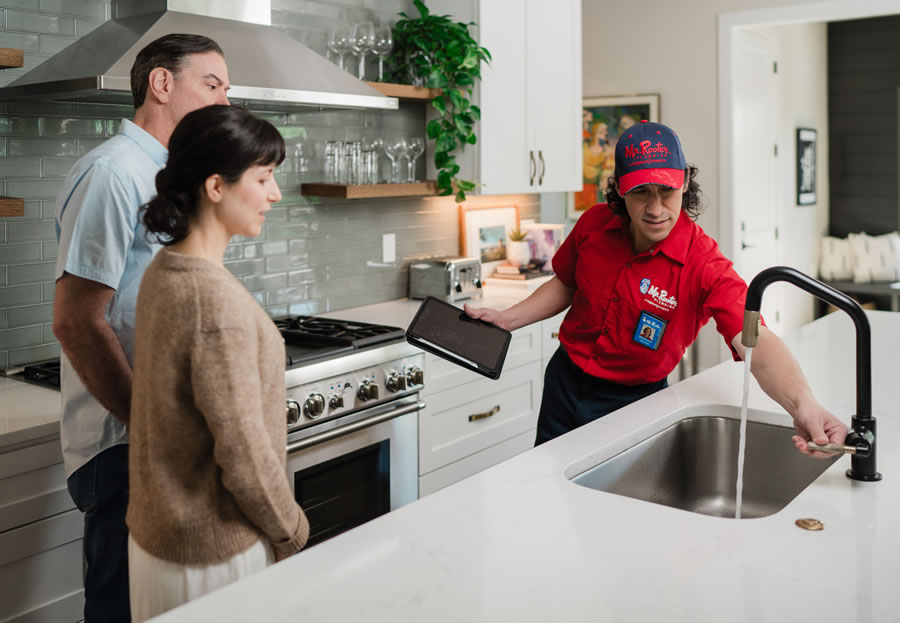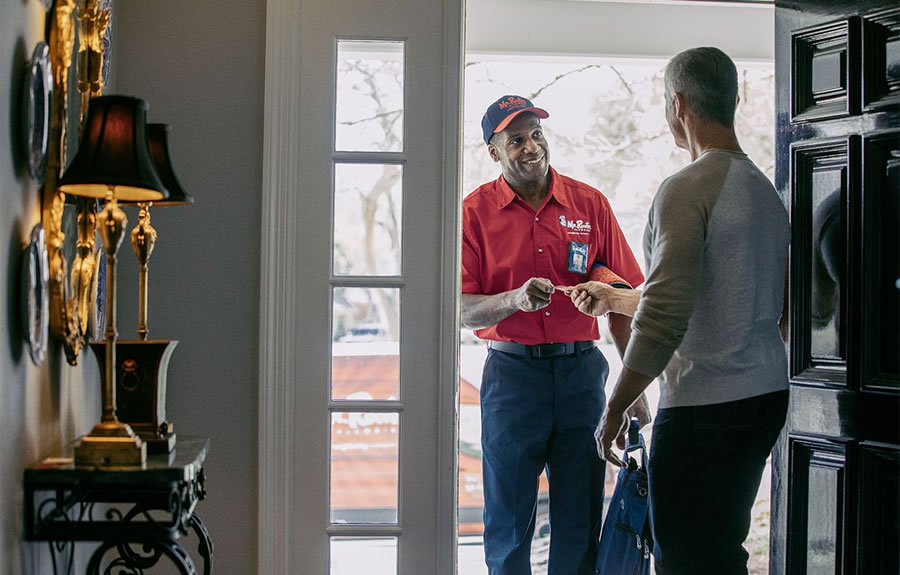If your toilet constantly runs, leaks, or clogs, it might be time for a replacement. Newer models are also much more water-efficient, so upgrading could save you money on your water bill. If you’re unsure, a plumber can help assess whether a repair or replacement is best.
Call Us This Saturday to Get $50 Off
Ratings based on 584 reviews
Great Plumbers, Great Reviews
339 B Rockland Rd, Hendersonville, TN 37075


